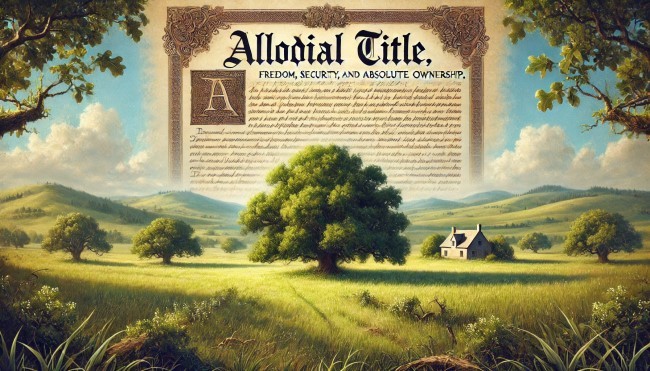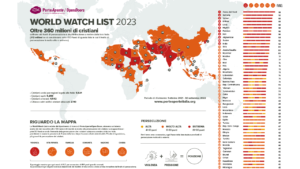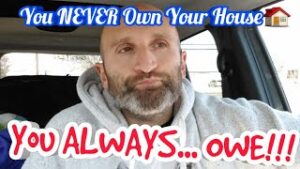Did you pay off your home and think you own it?


Let me tell you a story of why homeownership as we know it is conditional.
"Meet John. For decades, he sacrificed luxuries, worked overtime, and lived frugally to make payments on his dream home. After 30 long years, he finally sent in his last mortgage payment and received the deed. Standing proudly on his front lawn, John smiled, believing he now truly owned his home. But does he? Think again.
Even with the mortgage paid off, John's ownership isn't absolute. Why? Because the government holds a claim on his property through property taxes. Every year, John must pay those taxes just to keep living in the home he worked so hard to buy. It’s an unending obligation. If he misses those payments, the government can impose penalties, place a lien on the property, and even seize and auction it off—regardless of how much he’s already paid.
This reveals a harsh truth: homeownership as we know it is conditional. The reality is that the government remains a silent partner in every piece of property, exercising its authority through property taxes, zoning laws, and eminent domain. These mechanisms ensure that no one truly owns land or property in the purest sense; instead, ownership is conditional upon perpetual compliance and payment.
What does this mean for John? It means his dream of freedom through homeownership is, in part, an illusion. While he may no longer owe a bank, he will always owe the government, and the risk of losing his home never fully disappears. This system benefits public services—funding schools, roads, and emergency responders—but it also keeps true ownership out of reach for individuals.
If John wants greater security over his property, he must take proactive steps. Filing a homestead declaration can protect against certain creditors. Setting up a trust can shield the property from some risks. But no matter what he does, property taxes and government authority will always linger in the background, reminding him that ownership is never absolute."





